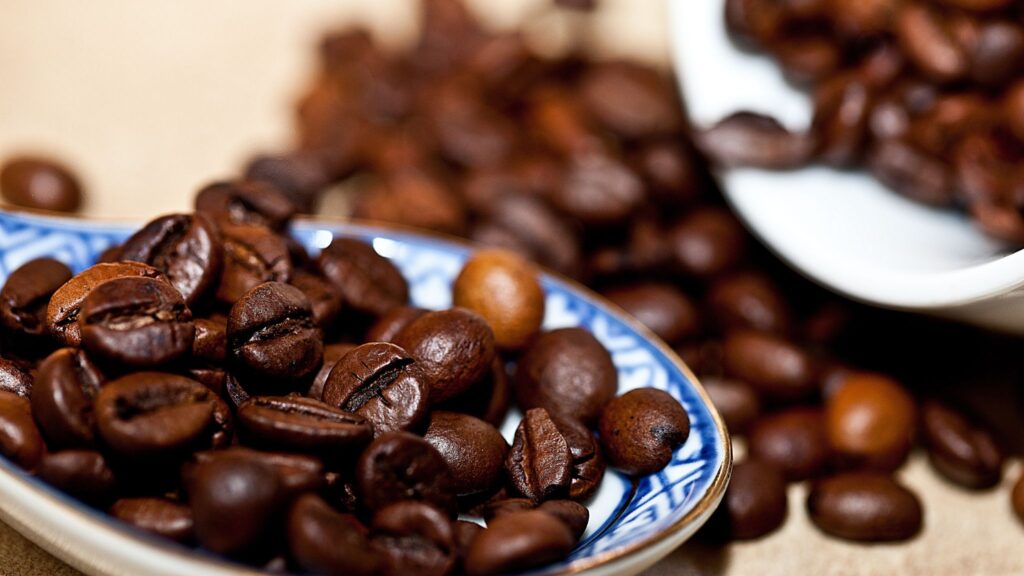Caffeine is a stimulant present in a variety of beverages, including Diet Coke is no exception. But how caffeinated is Diet Coke?
A 12-ounce serving of Diet Coke has 46 milligrams of caffeine, according to the Coca-Cola Company. This has about the same amount of caffeine as a cup of decaffeinated coffee or tea. It is crucial to remember, however, that the caffeine content of Diet Coke varies based on the serving size and the region in which it is purchased.
While 46 milligrams of caffeine may not appear to be much, keep in mind that this is the amount present in only one serving of Diet Coke. Many individuals drink many sodas throughout the day, which may rapidly build up. Caffeine use in the late afternoon or evening can also disturb sleep patterns, leading to insomnia and other sleep-related disorders.
It’s also worth noting that caffeine has various effects on different people. Some people are more sensitive to caffeine than others, and even tiny doses of caffeine can cause symptoms such as jitteriness, anxiety, or a quick heartbeat.
Adults should take no more than 400 milligrams of caffeine per day, according to the American Academy of Sleep Medicine (AASM). This is equivalent to 4 cups of coffee or 10 cans of soda. Consuming more than this quantity can be harmful to one’s health.
It’s also worth noting that combining caffeine with other drugs like alcohol can significantly raise the chance of harmful health impacts.
Caffeine and soda should be consumed in moderation. If you are sensitive to caffeine or are attempting to reduce your consumption for other reasons, it may be advisable to skip soda entirely.
If you must have a Diet Coke, be conscious of your serving size and the time of day you consume it, as well as any potential adverse effects. When considering the caffeine amount of Diet Coke, it is also vital to analyse how it compares to other beverage alternatives.
A 12-ounce drink of Cola is the biggest Classic, for example, has 34 milligrams of caffeine, but a 12-ounce cup of Mountain Dew has 54 milligrams of caffeine. . This implies that when it comes to beverage selections, Diet Coke is at the upper end of the caffeine spectrum.
It is also vital to evaluate the other elements in Diet Coke, such as artificial sweeteners. A considerable debate and controversy has surrounded the sweetener aspartame, which is used in Diet Coke. According to various types of research, aspartame may be connected to a variety of health issues such as cancer and neurological impairments.. However, the bulk of scientific studies has concluded that aspartame is safe for moderate usage.
A further consideration is that Diet Coke is a carbonated beverage. Carbonated beverages can temporarily increase stomach acidity and gas, causing discomfort or even agony in some people. For those who are sensitive, this might cause acid reflux and heartburn.
Caffeine is also addictive and can cause withdrawal symptoms such as headaches, exhaustion, and irritability when used in significant doses and subsequently discontinued. This is why caffeine should be consumed in moderation.
Finally, Diet Coke has a moderate quantity of caffeine, comparable to a cup of decaffeinated coffee or tea. However, you should be aware of your portion amount, the time of day you consume it, and any potential adverse effects. It’s also vital to evaluate the other elements in Diet Coke, such as artificial sweeteners and carbonation, which might be harmful to your health. It’s also crucial to remember that caffeine may be addictive, and consuming too much of it might cause withdrawal symptoms. Caffeine should thus be consumed in moderation.




